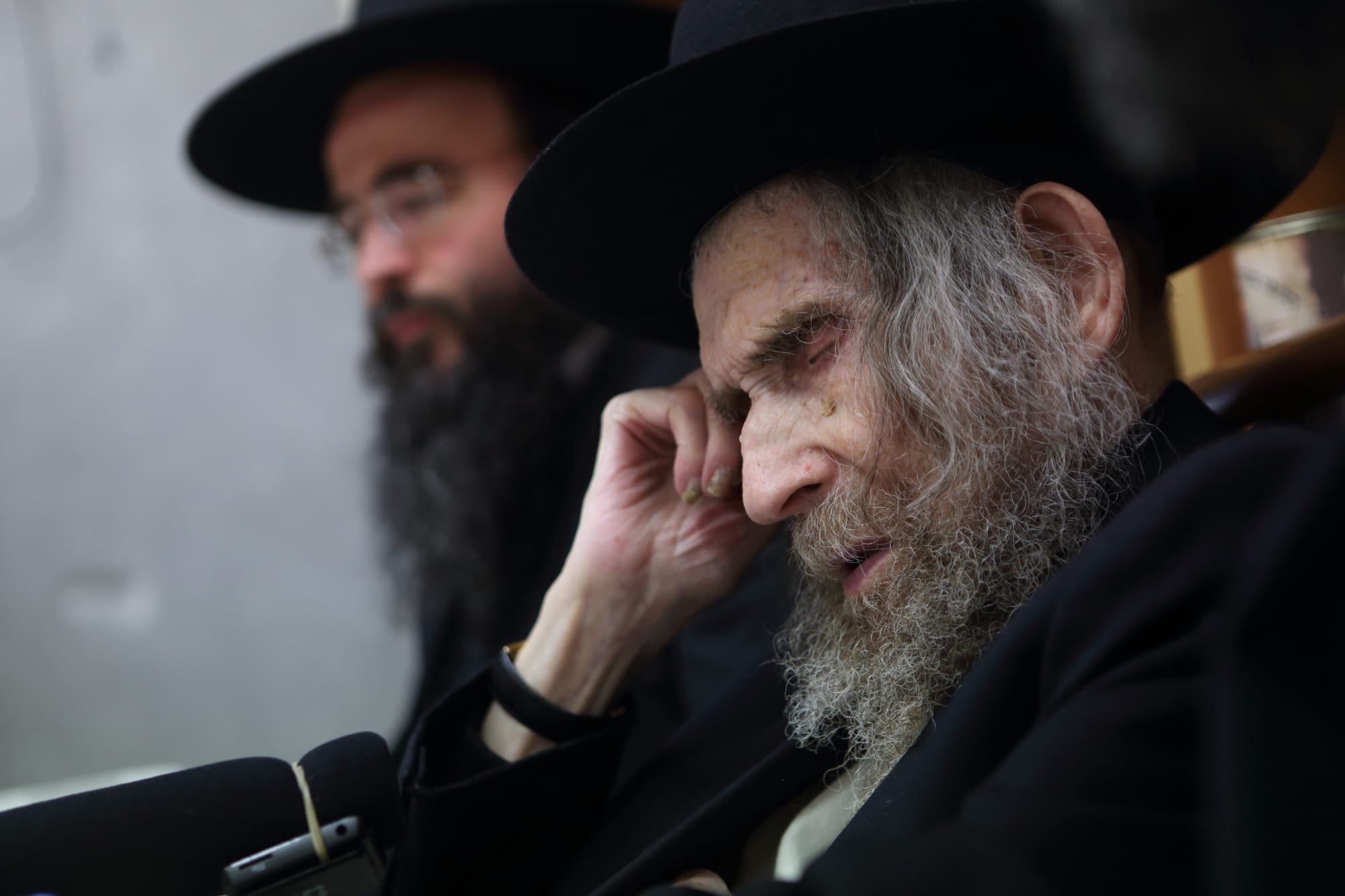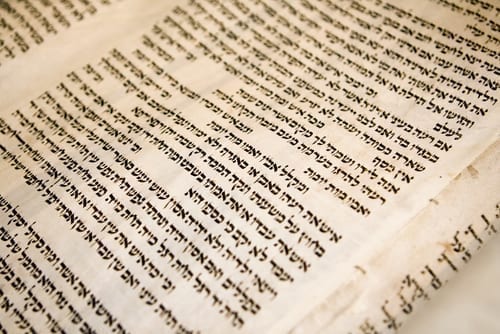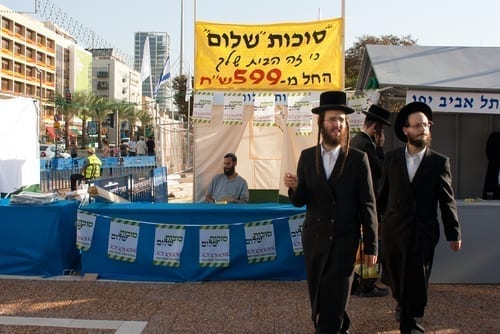There is no mitzvah to give tzedaka to a trickster who pretends he needs tzedaka, as the gemara in Ketubot 68a implies. Rabbi Chanina used to give four zuz to a certain poor man every week, and one week he asked his wife to give the money. She told him that the ‘poor man’ does not need the tzedaka since he dines on luxurious tablecloths. Rabbi Chanina responded, “That is what Rabbi Elazar meant when he said, ‘ Let’s say thanks to the tricksters, because if it were not for them we would be sinning every day…’ Rashi explains that because of the tricksters it was not considered a sin for them to avoid giving tzedaka. (That is, if there were some people who avoided giving tzedaka, at least this would be somewhat of an excuse – for perhaps those asking for tzedaka were tricksters.) Therefore, one should pray to find worthy recipients of tzedaka.
One who earns a reasonable living and nevertheless takes tzedaka is considered stealing from the poor, for when the actual poor come to ask for tzedaka people will tell them they have already given to others and they have no more to give. The Rambam (quoted in Shulchan Aruch Yoreh Deah 255:3) writes that such people will end up actually relying on tzedaka. On the other hand, someone who needs to rely on tzedaka and refuses to accept it is considered to have sinned greatly – but only if by doing so he causes himself danger. If he refuses to accept tzedaka and it only causes him moderate suffering and difficulty he will in fact end up being wealthy enough to support others.
Based on the above, it is clear that some level of investigation is required to verify if a person is eligible to receive tzedaka. If a person is in need of food or clothing immediately, no checking is necessary before giving him, since this is considered dangerous for him, but in any other situation we are required to check the eligibility of the recipient before giving him. If he is a known trickster or it is obvious from his claims that he is not eligible for tzedaka he should not receive any.
Whereas if one is unsure about the validity of his claims and it is impossible to check further, one should give a small sum, although it is not a sin if one does not give such a person. If it is clear that a poor person is genuine then one should give him a larger sum. If a person brings a letter of recommendation it is not necessary to check too much further – as long as the letter is not a forgery one can rely on the checks performed by those who wrote the letter.





